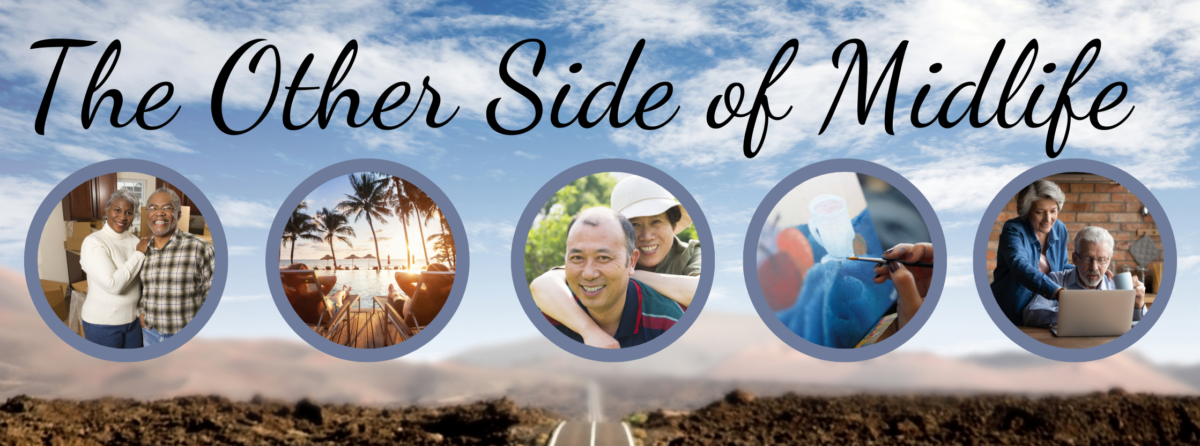In a world that often moves at breakneck speed, it’s easy to lose sight of the power of community and the impact of volunteering. However, for those of us who are deeply rooted in our communities, we understand that these two elements are not just important but vital for personal growth, well-being, and the prosperity of our neighborhoods.

Building Connections
One of the most beautiful aspects of community involvement is the connections it fosters. When we volunteer our time, skills, and resources, we forge bonds with people from all walks of life. These connections can lead to lifelong friendships, networking opportunities, and a deeper sense of belonging.
Strengthening Empathy
As a senior woman, I understand the importance of empathy in today’s diverse world. Volunteering allows you to walk in the shoes of others, gaining insights into their struggles and triumphs. This experience can enhance your ability to relate to people and promote empathy within your community.
Creating Positive Change
My background in owning a healthy juice business gives me a unique perspective on the positive changes that can result from community involvement. Contributions can have a lasting impact on others’ lives.
Inspiring Future Generations
For those of us passionate about our hobbies and goals, volunteering is an excellent way to inspire younger generations.

Fostering Unity
A strong sense of community promotes unity and resilience. When neighbors come together to address common challenges or work on shared goals, it creates a sense of unity that can withstand even the toughest of times. This unity is especially crucial in times of crisis.
Personal Growth
Finally, community involvement and volunteering offer ample opportunities for personal growth. They challenge us, push us out of our comfort zones, and help us develop new skills and perspectives.
In conclusion, while our individual goals and passions may differ, the importance of community and volunteering transcends all boundaries. As a senior woman I’d like to inspire others to join in nurturing our communities, sow the seeds of positive change, and watch as they flourish and thrive together.









